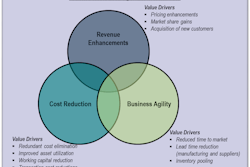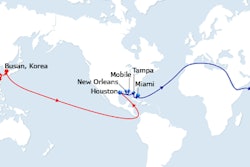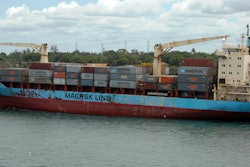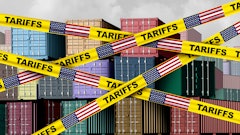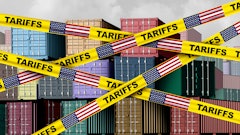
The eco-system of logistics is about to be remodeled, with digitization, digitalization and new human expectations being the main drivers.
We have seen it happen in many industries during the past decades. Music, hotel and travel are all examples of industries where the power has shifted from the seller to the buyer—all because of the internet and the information knowledge available there, as well as shared reviews where buyers guide each other through the buyer’s journey.
The transport and logistics industry is still very conservative. The industry has begun asking the questions: How much longer is it possible to stick to manual communication methods, personal relationships affecting business and middlemen controlling the supply chain? Who wouldn't want to take control of the whole decision chain and be able to build relationships directly with the suppliers? If that is how they work in other parts of the business, as well as in personal life, why would they not expect that when purchasing logistics services?
Since trade stretches across continents with many parties involved, we have previously relied on human contact, e-mail and telephone to organize what seemed to be complicated international transport chains. This is still the way freight forwarders handle global transportation, with the slight change that technology may have resulted in individual systems being upgraded.
However, in recent years, we have seen major changes in many different sectors that go beyond individual systems, where consumer and user needs have been prioritized over traditional business models.
On an objective, transparent marketplace, both the transport buyer and the supplier benefit from being digital. Transport buyers not only get access to net prices, but they can also choose the best option for their transport chain. Suppliers are displayed in a sales channel directed to transport buyer, which enables a strong relationship and allows the supplier to charge for its actual services.
The change will take time but, with some perspective, time flies and the new generation of decision makers will not use fax or even a telephone in order to get the job done. They expect to have all data needed available at their fingertips online, which means that transparency is essential and no longer a threat.
The digital transformation will continue to accelerate, and the collected data amount will continue to grow. I believe that we will see more business ideas come to life over the coming years. Companies will have the opportunity to work more agile, have more efficient processes around their supply-chain and at the end of the day being able to offer a better customer experience.






